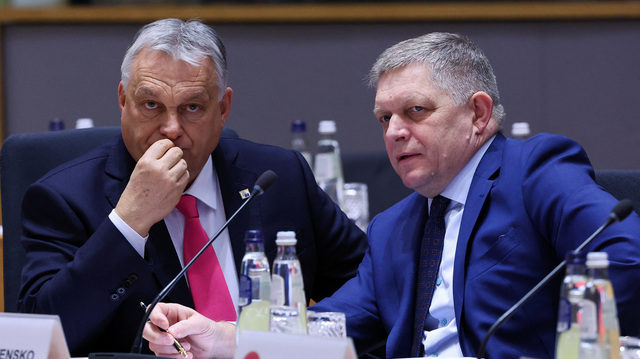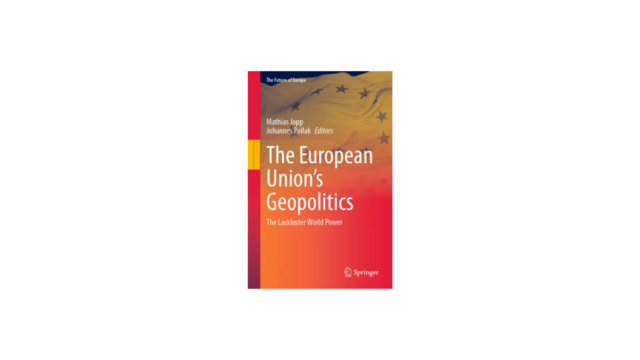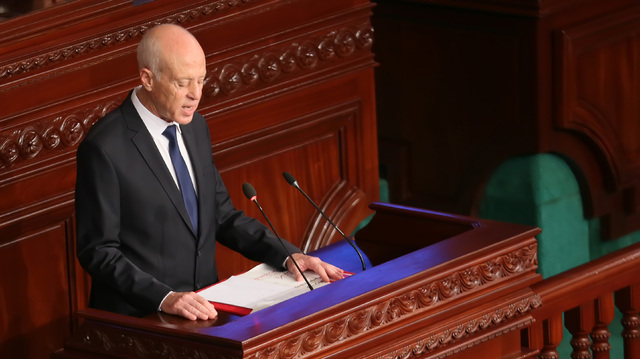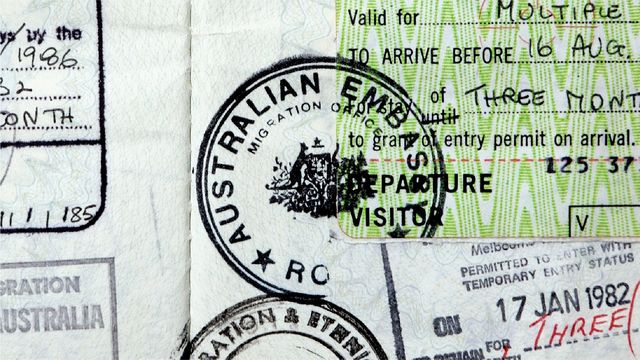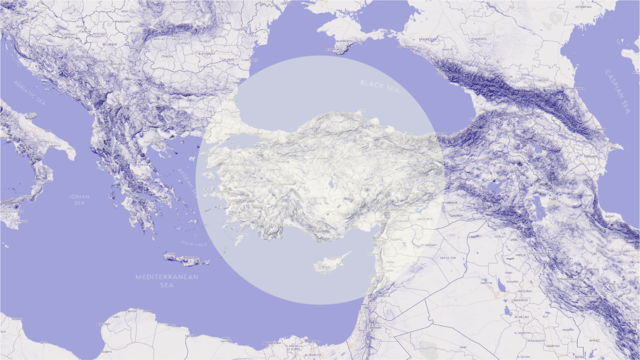Success or Failure? Assessment of the Readmission Agreement Between the EU and Turkey from the Legal and Political Perspectives

paper
The discussion paper by Berfin Nur Osso, former intern at the Institute of International Relations Prague and a senior undergraduate student at the Koç University in Istanbul majoring in Law and minoring in International Relations, focuses on the assessment of the readmission agreement between the EU and Turkey.
The current refugee crisis, which created a collective action problem among the EU Member States in terms of sharing the responsibility, is indeed an indicator of the lack of solidarity as regards the implementation of the Dublin System. The pressures over the Common European Asylum System due to the high refugee influx from the Middle East into Europe following the Arab Spring and the Syrian civil war has driven the EU to cooperate with its neighboring states at its external frontiers and the transit countries. Turkey, which is a transit country located at the external borders of the EU, and the only passage between Syria, Iraq and the EU, has been one of these countries with which the EU has negotiated a cooperation in solving the crisis. However, the case-law of the European Court of Human Rights, as well as the treatment of asylum-seekers in Turkey, brought forward the questions of considering Turkey as a “safe third country,” which is one of the principles lying on the basis of the agreement. Although there are several concerns at this point, the EU and Turkey agreed to sign the agreement, where the motive of national interest prevails over the protection of human rights from the point of view of both sides. In the light of this background, the aim of this paper is to discuss the motive behind the agreement, as well as elaborate whether Turkey is a “safe third country” under the Asylum Procedures Directive.
